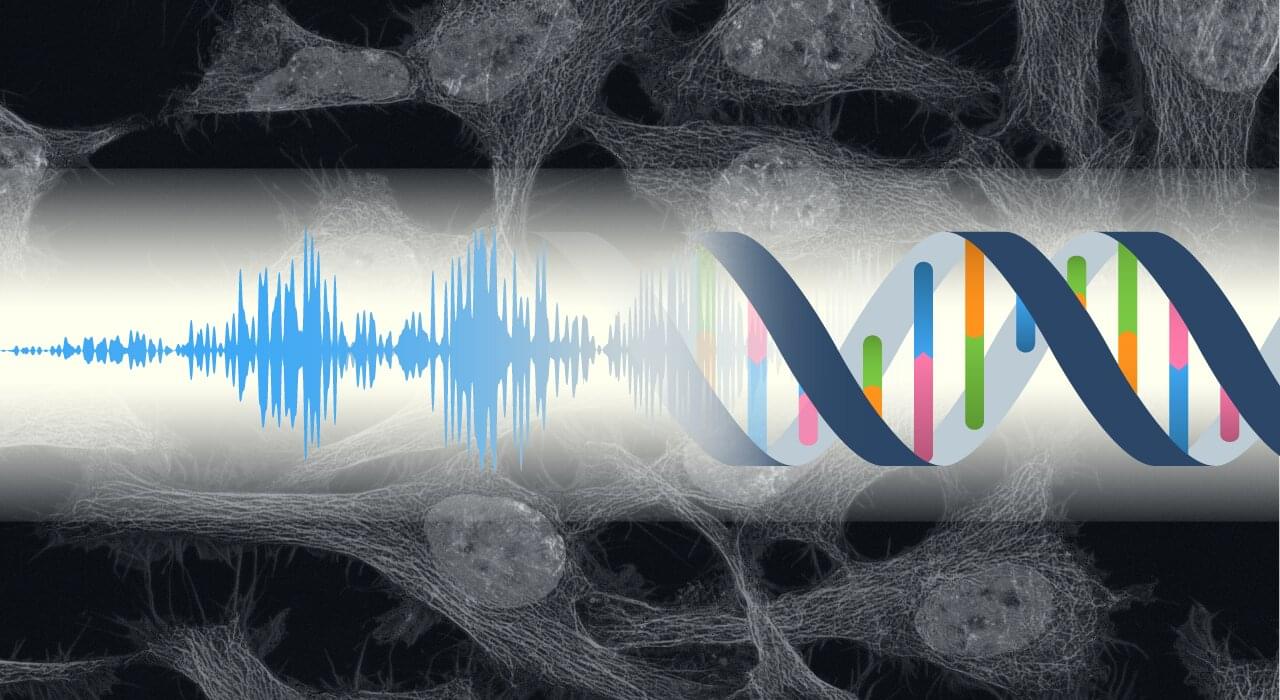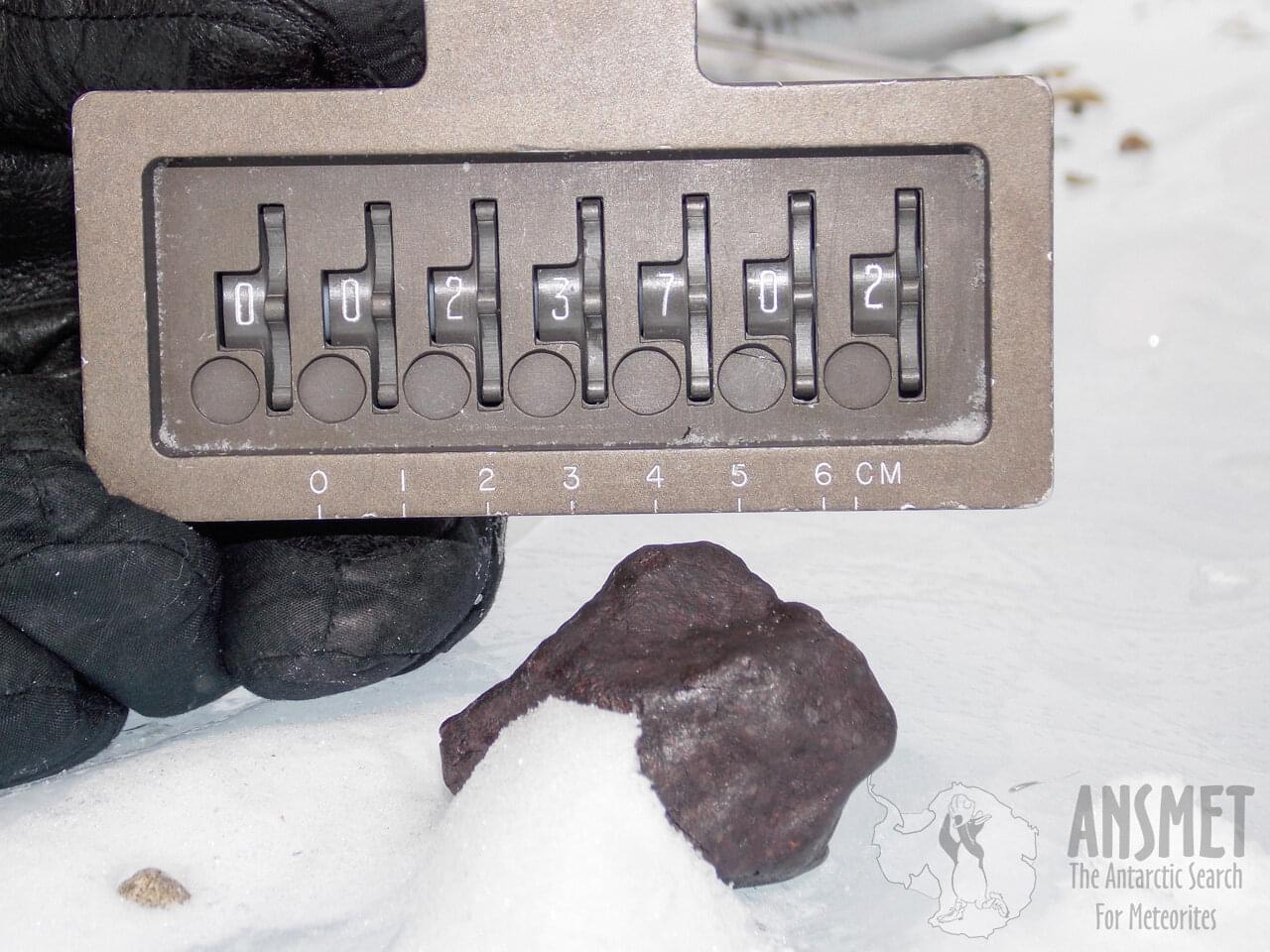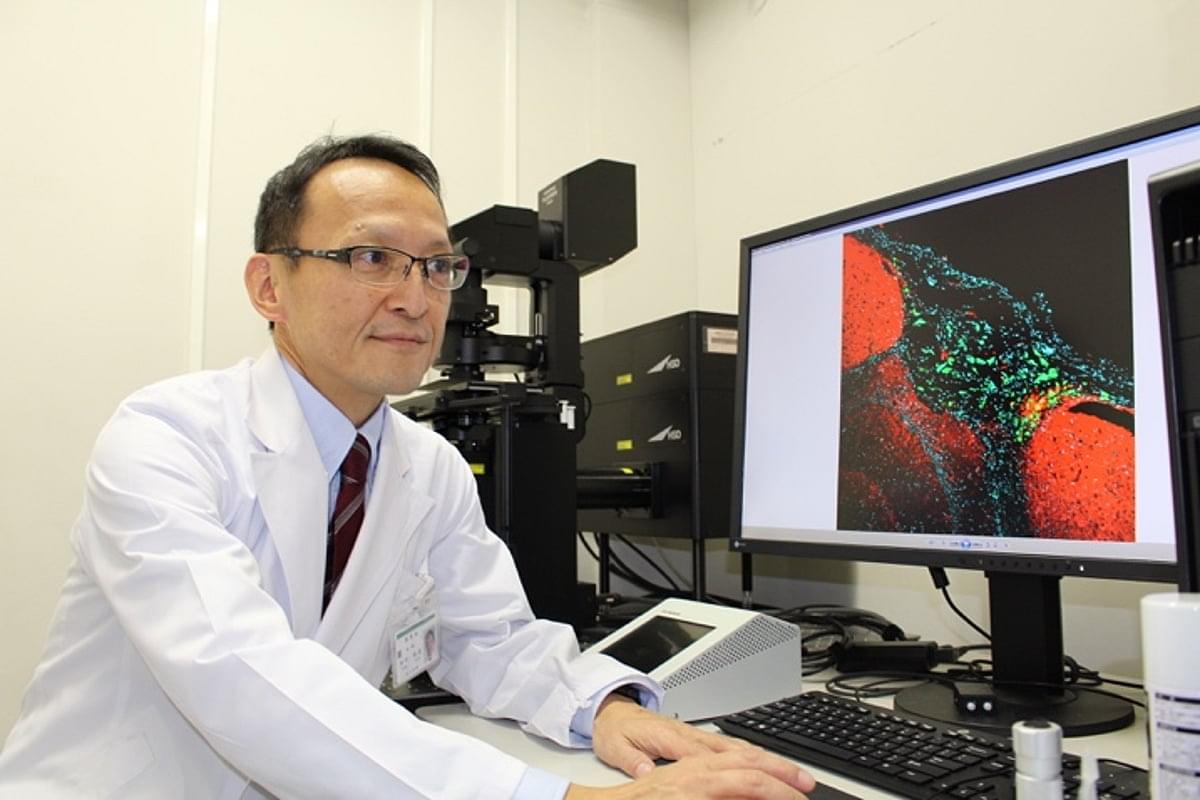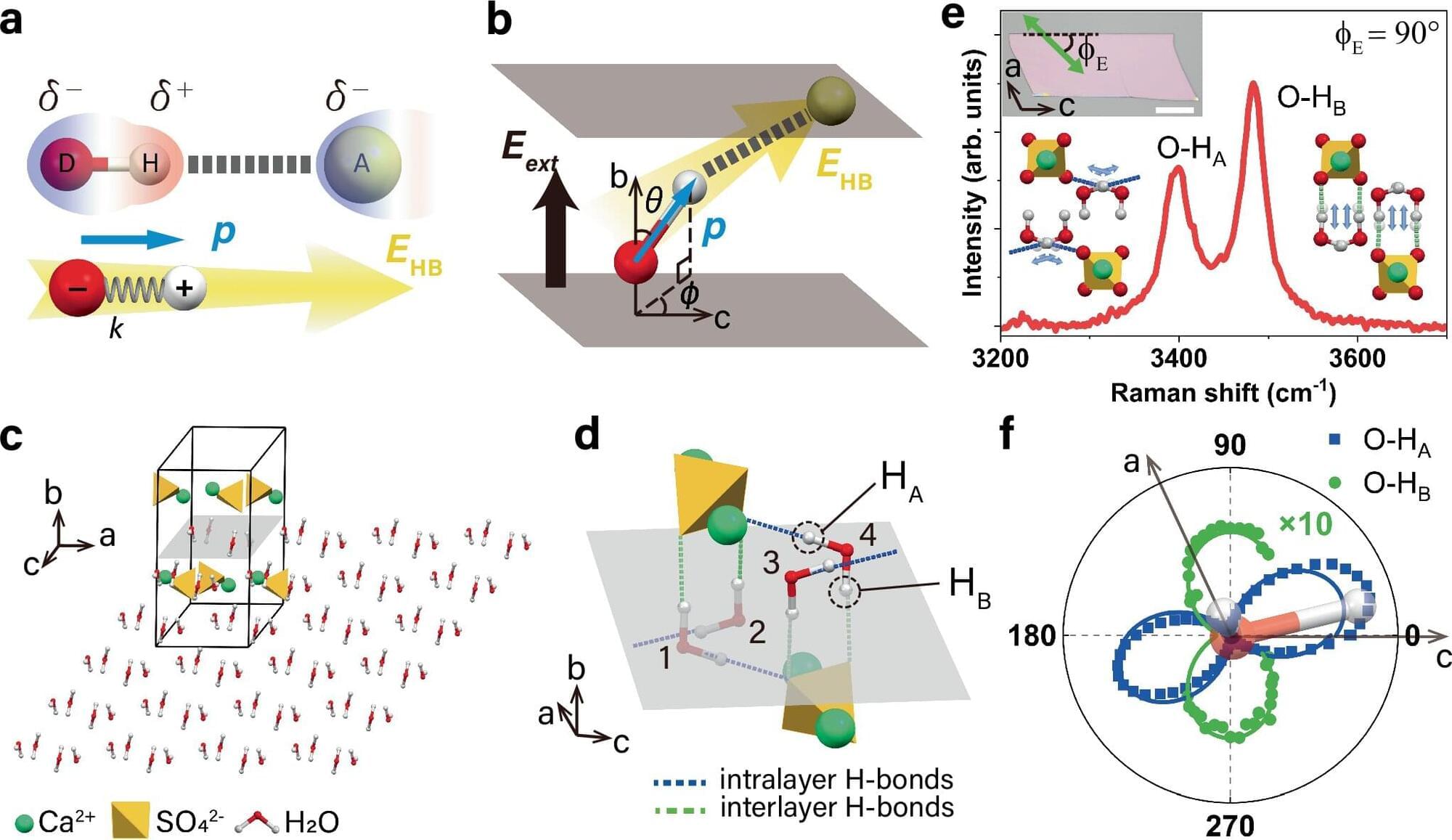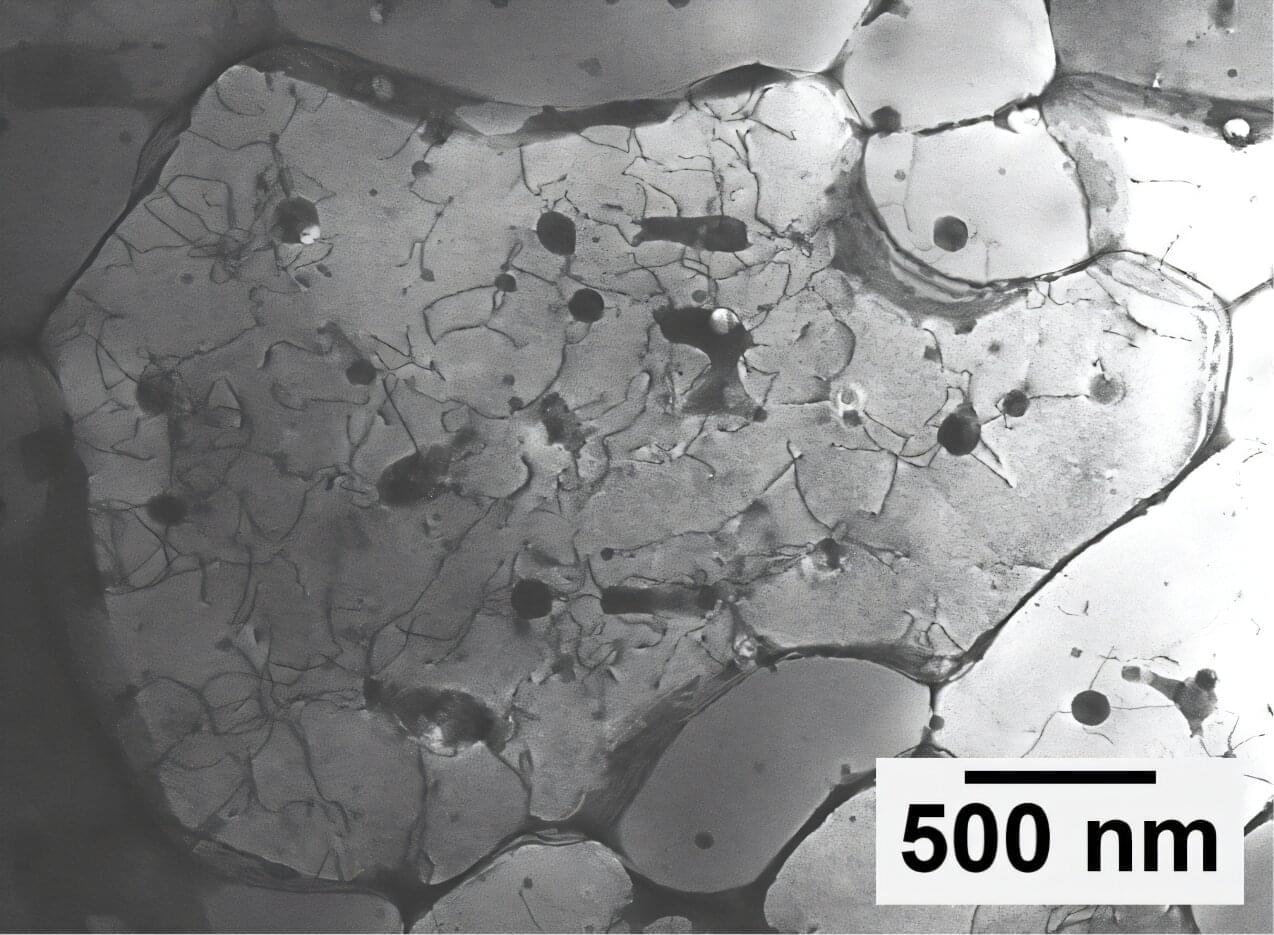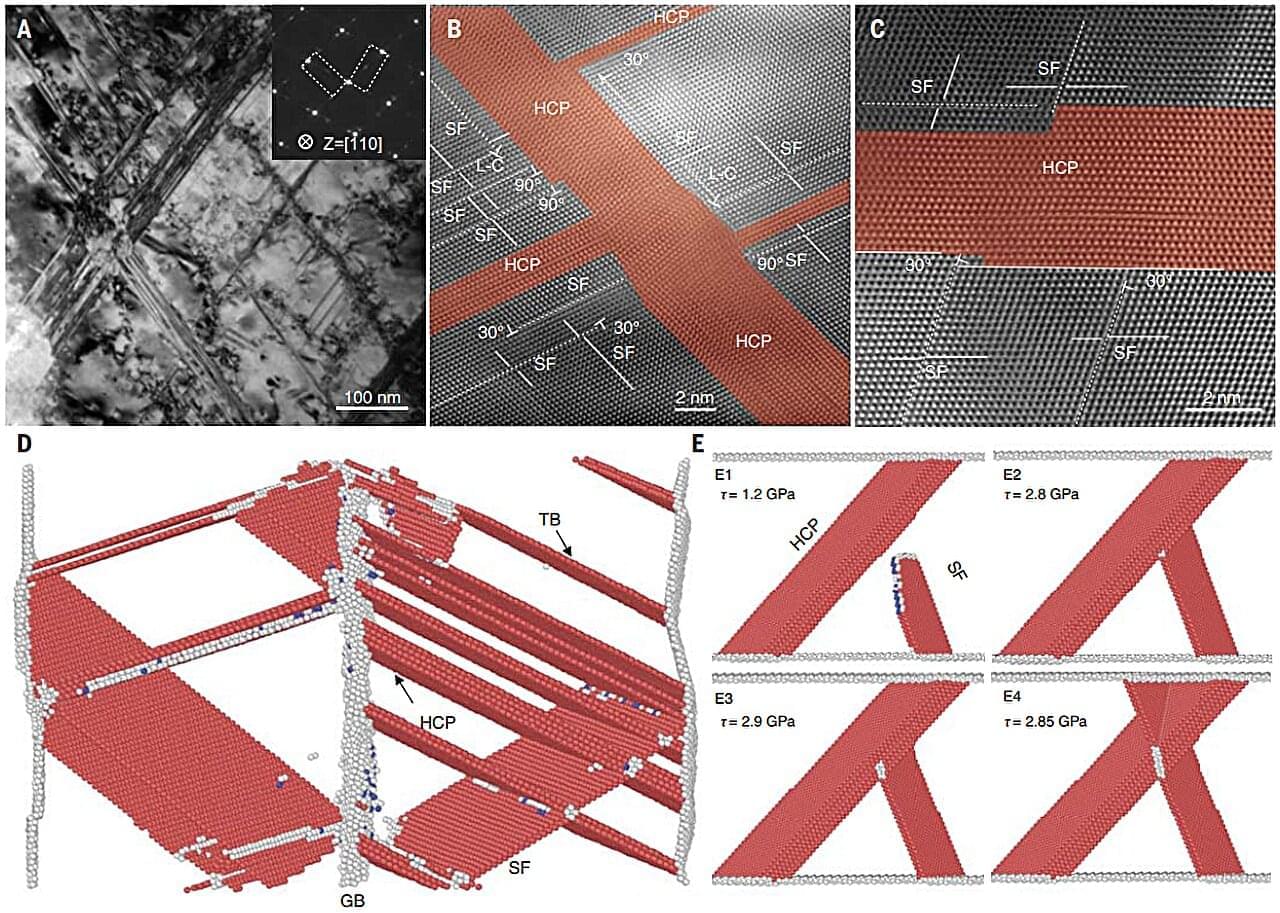There’s a sensation that you experience—near a plane taking off or a speaker bank at a concert—from a sound so total that you feel it in your very being. When this happens, not only do your brain and ears perceive it, but your cells may also.
Technically speaking, sound is a simple phenomenon, consisting of compressional mechanical waves transmitted through substances which exist universally in the non-equilibrated material world. Sound is also a vital source of environmental information for living beings, while its capacity to induce physiological responses at the cell level is only just beginning to be understood.
Following on from previous work from 2018, a team of researchers at Kyoto University have been inspired by research in mechanobiology and body-conducted sound—the sound environment in body tissues —indicating that acoustic pressure transmitted by sound may be sufficient to induce cellular responses.
